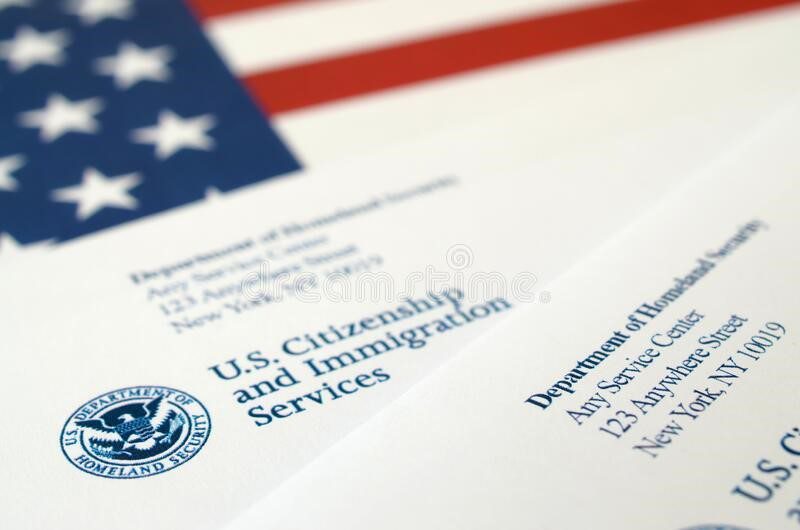Article written by Adam Cohen from The Hill:
A lot of misinformation has arisen in opposition to the Build Back Better legislation, including on the matter of green card recapture, referred to in one opinion piece as a “giveaway to big tech.” Opponents to this provision cite to its support by advocacy organizations such as Fwd.us, which was founded by tech and business leaders.
So what is this visa “giveaway”? The short answer is that there is no such thing; this is pure fantasy.
All of the foreign workers benefitting from this “giveaway” are already working in the U.S. typically in H-1B status, a category with strong numerical restrictions for new petitions that was last updated in 2004. In most cases, they have been living and working here for more than a decade. Moreover, they are already well into the green card process with approved petitions for permanent residence. Therefore, in what way will allowing these individuals to finally obtain green cards hurt American workers?
To understand why certain individuals have to wait so long for a green card, even though they have an approved petition, look at the November 2021 Visa Bulletin, specifically the employment-based 2nd and 3rd preference categories for nationals from India. These are all the Indian professionals with master’s and bachelor’s degrees, respectively, who have been working hard in our country for years in the tech, health care, academic, business, and other sectors. Many of them were working in the U.S. for years before they started a green card process. For those at the EB-2 level, if they started a green card process just before Dec. 1, 2011, they are just now able to finalize that green card. Those at EB-3 are just one month ahead. Per country limits in the green card process force them into years of waiting for a green card. According to a study from the Cato Institute, “Indian employer-sponsored applicants face an 8-decade wait for green cards, and nearly 200,000 will die before they could even theoretically reach the front of the line.†While they wait their turn, their children age-out from their parents’ green card processes and fall out of status when they turn 21. What are they to do when the U.S. is in many cases the only country they have known?
So then does the Build Back Better legislation somehow increase green card limits?
No. Green card limits were fixed in statute back in 1990 and have not changed since then for either employment-based green cards (140,000 per year) or family-based green cards (an effective annual ceiling of 226,000 per year).
So what then is green card recapture? I’m sure it’s no stretch of the imagination to picture that our government is not the most efficient. Particularly, with the bureaucracy and politics of the various agencies that adjudicate immigration benefits, as well as embassy closures and persistent delays due to COVID-19, hundreds of thousands of authorized green card slots have gone unused from 1992 to the present. Green card recapture is nothing more than an administrative fix to provide relief to the individuals mentioned above, restore the immigrant population in the U.S. to what Congress intended by reclaiming authorized green card slots, and generate billions of dollars in economic activity and revenue. Green card recapture has also occurred in the past with and currently has bipartisan support, so this is no new, radical strategy.
Finally, green card recapture is not just about the big tech employers. It is also very much about physicians and healthcare professionals working on the frontlines treating COVID patients, as well as researchers, entrepreneurs and others who have been growing this economy and innovating for over a decade with permanent residence still a distant goal. It’s about these workers, as well as individuals, their spouses, and their children. It’s about fixing an error brought about by government inefficiency to help alleviate the suffering of many foreign national workers, recognize their irreplaceable contributions to this country, and grow the economy.
Article provided by:
David Swaim
Tidwell, Swaim & Farquhar, P.C.



